Individuals & Events
Of course, individuals and events permeate history. However, the Key Stage 1 units of study particularly require the study of significant individuals and events. What makes an individual significant? What might be considered a significant event? The emphasis is upon a comparison of individuals and events that can be used to make links across time, themes and geographical space. In this section you will find resources and articles to help you to plan innovative units of work based around individuals and events that can either be used to reveal a local, national and international picture, or that can be used to illustrate themes over time or geographical space.
Sort by:
Date (Newest first) | Title A-Z
Show:
All |
Articles |
Podcasts |
Multipage Articles
-

Film series: The African-American Civil Rights Movement
ArticleClick to view -
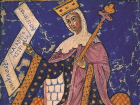
(Un)exceptional women: queenship and power in medieval Europe
ArticleClick to view -

One of my favourite history places: Neuschwanstein Castle
ArticleClick to view -

Wangari Maathai as a significant individual
ArticleClick to view -

Pull-out posters: Primary History 90
ArticleClick to view -

Jubilee medals: celebration and creation
ArticleClick to view -

The Queen in procession
ArticleClick to view -

Happy and Glorious: exploring and celebrating the Platinum Jubilee
ArticleClick to view -

Ten texts for the Platinum Jubilee
ArticleClick to view -
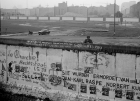
Using photographic evidence to explore the impact of the Berlin Wall
ArticleClick to view -

Ukraine, children and schools
ArticleClick to view -
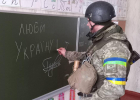
Teaching about the Russian invasion of Ukraine and events happening there
ArticleClick to view -

Scheme of work: Queen Elizabeth II
ArticleClick to view -

Women and space: reaching for the stars
ArticleClick to view -
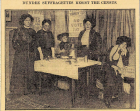
How can we make effective use of the census in the primary history classroom?
ArticleClick to view -

Pull-out posters: Primary History 88 – Diversity
ArticleClick to view -

Arthur Wharton: the world’s first professional black footballer
ArticleClick to view -

Anniversary: Festival of Britain 1951
ArticleClick to view -
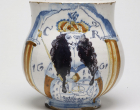
Sources for the Great Fire of London and its context
ArticleClick to view -
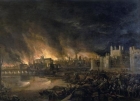
Recorded webinar: The Great Fire of London
ArticleClick to view

